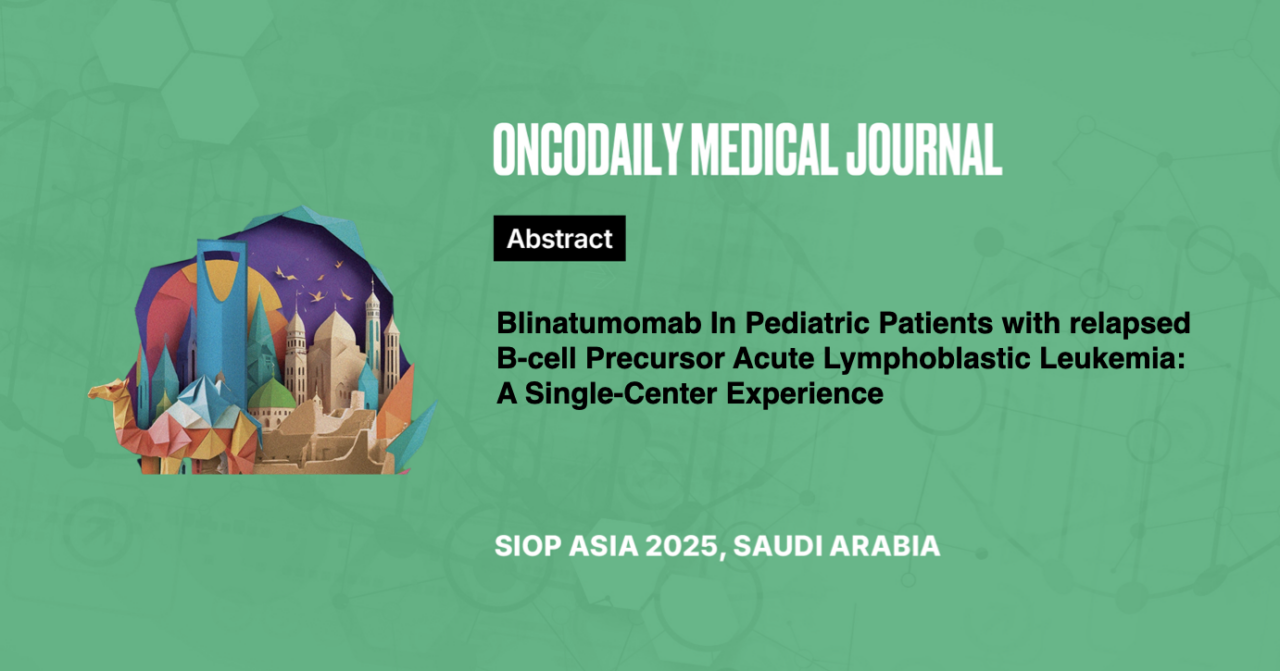Blinatumomab In Pediatric Patients with relapsed B-cell Precursor Acute Lymphoblastic Leukemia: A Single-Center Experience
Abstract
Introduction: Achieving an optimal flow cytometric minimal residual disease (MRD) is the primary prerequisite for the conducting an allogenic hematopoietic stem cell transplantation (HSCT), which is essential for many patients with relapsed B-cell acute precursor lymphoblastic leukemia (BCP-ALL). Intensive multi-agent chemotherapy regimens are often associated with high toxicity and insufficient efficacy. One of the Methodology: for optimizing therapy is the use of blinatumomab. Objective is to study the experience of using blinatumomab for the treatment of relapsed BCP-ALL in children at the Dmitry Rogachev National Medical Research Center of Pediatric Hematology, Oncology and Immunology.
Methodology: 163 patients aged 1 to 18 years with relapsed BCP-ALL were treated with blinatumomab in our clinic from January 1, 2014, to August 31, 2024. We used standard dosages of blinatumomab. MRD was assessed by flow cytometry.
Results: Among 163 patients, the distribution in terms of relapse localization is as follows: isolated bone marrow (BM) – 126 patients (77,3%), isolated central nervous system (CNS) – 3 (1,8%), isolated testicular – 1(0,6%), combined BM and CNS – 19 (11,7%), combined BM and testicular – 12 (7,4%), combined BM and extramedullary – 2 (1,2%). Regarding the timing of relapse onset: very early – 58 patients (35,6%), early –56 (34,4%), late – 49 (30,0%). 45 patients (27,6%) received blinatumomab due to the toxicity of prior chemotherapy, ongoing infectious complications, or to reduce MRD levels.
101 patients (62,0%) received blinatumomab as part of high-risk group therapy according. 17 patients (10,4%) received blinatumomab during the second relapse of B-ALL. Overall survival (OS) was 54%, event-free survival (EFS) was 43%. There were 25 non-responders, while 138 patients achieved complete remission (CR). The cumulative incidence of relapse (CIR) was 33%, primarily due to recurrent relapses following allogeneic HSCT.
Conclusion: Blinatumomab is effective in treating relapsed BCP-ALL, reduces toxicity, improves survival rates.





